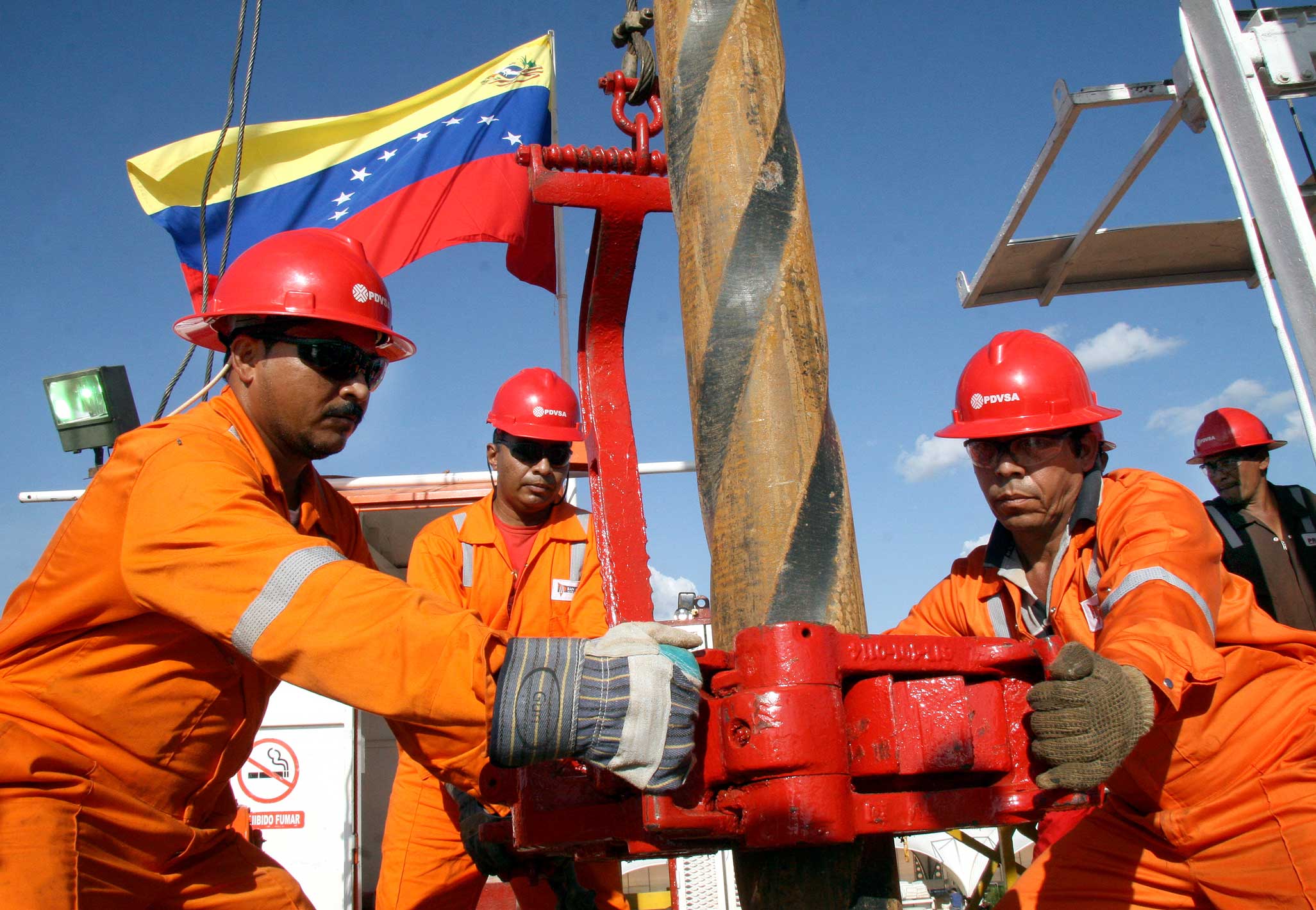India, a significant player in the global oil market, is actively considering the prospect of resuming oil imports from Venezuela. Union Oil Minister Hardeep Singh Puri announced on Friday that India is open to purchasing Venezuelan oil, emphasizing that several Indian refineries possess the capability to process the heavy crude oil. This move comes after the United States lifted sanctions against Venezuela in October, paving the way for Indian refiners to restart their Venezuelan oil purchases.
The last import of Venezuelan crude into India occurred in the fiscal year 2020, amounting to $6.03 billion. Minister Puri affirmed that India is willing to engage in oil trade with any country not under sanctions, expressing optimism about the capabilities of Indian refineries, including Paradip, to process the heavy Venezuelan oil.
India, as one of the largest oil importers globally, aims to reduce its crude import bill and expand its refining capacity. Minister Puri highlighted that India currently refines 5 million barrels per day of oil, with plans for further growth. He stated, “If Venezuelan oil comes to the market, we welcome it,” underlining India’s openness to diversifying its sources of crude oil.
Puri acknowledged that “some Indian refiners’ money is locked up in Venezuela,” referring specifically to ONGC, which has pending dividends since 2014 for its stake in Venezuelan projects. This highlights a financial aspect that needs to be addressed as India explores the possibility of re-engaging with Venezuela.
Despite challenges, India sees the potential benefits of resuming Venezuelan oil imports. With a desire to cut its crude import bill and a commitment to expanding refining capabilities, India views the Venezuelan oil market as an opportunity to diversify its sources and strengthen its energy security.
India’s decision to explore Venezuelan oil imports also reflects the evolving dynamics in the global oil market. The average price of Russian oil, which India paid $84.20 per barrel for in October, exceeded the $60 price cap set by the G7 bloc. Minister Puri’s statement reaffirms India’s pursuit of cost-effective and diverse oil sources, emphasizing the significance of competitive pricing in international trade relations.
India’s openness to resuming Venezuelan oil imports marks a strategic move in its quest for energy security and economic sustainability. As the country seeks to expand its refining capacity and reduce its dependence on specific oil-producing nations, the prospect of engaging with Venezuela becomes an important component of India’s evolving energy strategy. The financial challenges posed by pending dividends further underscore the need for diplomatic and economic discussions to facilitate a mutually beneficial relationship between India and Venezuela in the oil sector.
(Source: Hindu Business Line | Reuters | Oil Price | Money Control)









